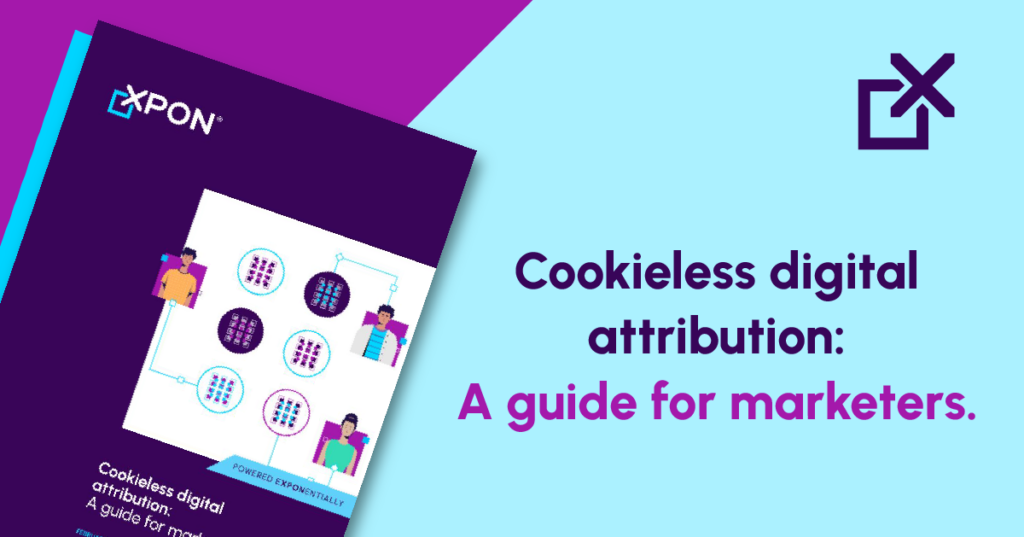With the increasing focus on user privacy across the digital marketing landscape, major browsers are phasing out third-party cookies, leaving many marketers wondering: “Will attribution be possible once third-party cookies go away?”
If you’re not fully informed on what third-party cookie deprecation means, check out our other blog here.
The future of attribution in a cookieless world.
While the loss of third-party cookies presents challenges, it doesn’t mean the end of attribution.
Challenges and limitations
The deprecation of third-party cookies poses several challenges for marketers:
- Reduced visibility into user journeys: Without being able to track users across the web, it becomes difficult to understand their entire path to conversion, making it harder to attribute credit to specific marketing channels.
- Potential decrease in data accuracy: Traditional attribution models rely heavily on cookie data. Without this data, the accuracy of attribution might suffer, leading to misleading insights.
- Increased complexity: Implementing alternative solutions, such as first-party data collection and consent-based identity solutions, can add complexity to existing workflows.
Adapting to the new landscape
Despite the challenges, there are ways for marketers to adapt and thrive in a cookieless environment:
- First-party data collection and utilisation: Building strong first-party data strategies is crucial. This involves collecting and utilising data directly from your website visitors, such as email addresses, website behaviour, and purchase history. By enriching your first-party data with other sources, like CRM data, you can gain valuable insights into user behaviour and preferences.
- Consent-based identity solutions: These solutions involve obtaining user consent to collect and share their data across different platforms. While still in their early stages, these solutions have the potential to offer a more privacy-conscious alternative to third-party cookies.
- Privacy-preserving technologies: Emerging technologies like contextual targeting and machine learning models hold promise for future attribution solutions. These methods can analyse various data points, like website content and user behavior, to deliver relevant advertising without relying on individual user tracking.
The key to success in a cookieless world lies in adopting a multi-channel approach.
By leveraging a combination of first-party data, consent-based solutions, and privacy-preserving technologies, marketers can gain a more holistic view of their marketing efforts and continue to attribute conversions effectively.
Dive deeper with XPON’s detailed Guide to Cookieless Attribution
To support brands on their privacy journey, XPON has built a more detailed guide on Cookieless Attribution, with overviews of the technical foundations required for accurate measurement of multi-channel campaigns.

Download XPON’s Guide to Cookieless Attribution
Conclusion
The deprecation of third-party cookies undoubtedly presents challenges for cookieless attribution. However, it also creates opportunities for a more privacy-focused and data-driven marketing landscape. By embracing new technologies and adapting their strategies, marketers can not only navigate this transition but also unlock new possibilities for measuring and optimising their marketing performance.
XPON is a strategic technology partner that helps brands like yours to prepare for a cookieless world. If you have any further questions or would like help getting privacy-ready, get in touch with our team here.
